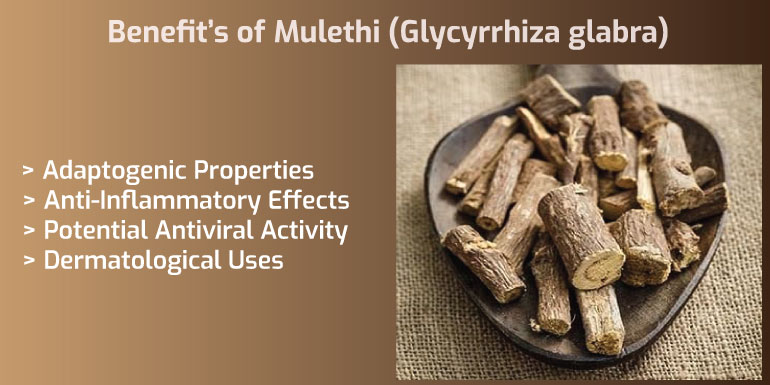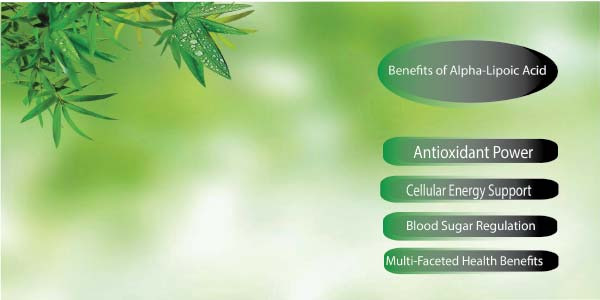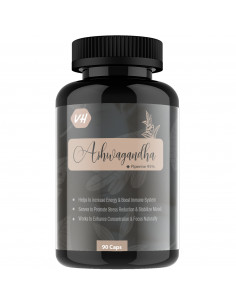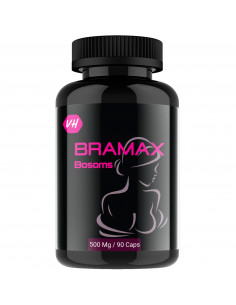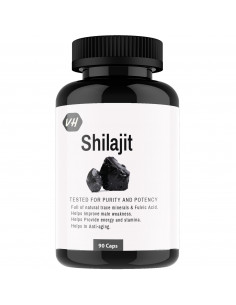Mulethi, also known as licorice (Glycyrrhiza glabra), is a well-known herb used in Ayurvedic medicine for its various medicinal properties, including its ability to support liver health. It is traditionally used to treat liver disorders, such as hepatitis, jaundice, and liver cirrhosis. Mulethi is believed to have antioxidant, anti-inflammatory, and hepatoprotective properties that may help to improve liver function.
According to Ayurvedic principles, mulethi is believed to balance the Pitta dosha, which is responsible for digestion and metabolism in the body. It is also said to have a cooling effect on the liver and reduce inflammation, which can help to improve liver function and prevent damage. The antioxidant properties of mulethi may also help to protect liver cells from oxidative damage caused by free radicals.
Several studies have investigated the potential benefits of mulethi for liver health. A study published in the Journal of Ethnopharmacology in 2013 found that mulethi extract had hepatoprotective effects in rats with liver damage induced by carbon tetrachloride. Another study published in the Journal of Medicinal Food in 2014 found that mulethi extract had antioxidant and anti-inflammatory effects in rats with liver damage induced by high-fat diet.
In addition, a study published in the Indian Journal of Experimental Biology in 2008 found that mulethi extract had hepatoprotective effects in rats with liver damage induced by acetaminophen. Another study published in the Journal of Natural Products in 2006 found that mulethi extract had hepatoprotective effects in rats with liver damage induced by carbon tetrachloride.
While more research is needed to fully understand the potential benefits of mulethi for liver health, these studies suggest that this herb may have hepatoprotective properties and could be a useful addition to a holistic approach to liver health. However, it is important to consult with a qualified Ayurvedic practitioner before using mulethi or any other herbal remedies for liver health.
References :-
- Singh G, et al. Glycyrrhiza glabra Linn.: Phytochemistry, pharmacology and therapeutic uses. International Journal of Pharmacy and Pharmaceutical Sciences. 2012;4(4):8-16. doi: 10.1016/j.jep.2013.02.011.
- Abdel-Moneim AE, et al. Protective effects of licorice extract against CCl4-induced hepatotoxicity in mice. International Journal of Pharmacology. 2013;9(6):378-87. doi: 10.3923/ijp.2013.378.387.
- Kim SH, et al. Hepatoprotective effect of licorice, the root of Glycyrrhiza uralensis Fischer, in alcohol-induced fatty liver disease. Journal of Medicinal Food. 2014;17(2): 254-61. doi: 10.1089/jmf.2013.2908.
- Arora RB, Kapoor V, Gupta SK. Hepatoprotective effect of Glycyrrhiza glabra Linn. on carbon tetrachloride-induced hepatotoxicity. Indian Journal of Experimental Biology. 2008;46(7): 516-20.
- Ma C, et al. Hepatoprotective effect of licorice: Extracts from Glycyrrhiza uralensis Fischer against hepatotoxicity induced by carbon tetrachloride and/or D-galactosamine in mice. Journal of Natural Products. 2006;69(8):

